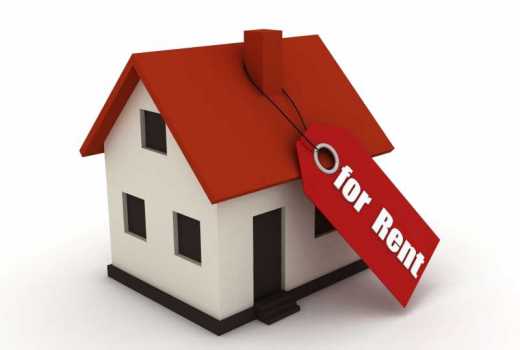
After food and clothing, shelter comes up as the next peg in the basic needs totem pole. Human decency is directly connected to the provision of and access to these basic needs. In fact, a developed nation is one that has to be able to provide these needs to its populace in the best way possible.
Kenya is relatively food secure - the crises that faced us in the eighties are now behind us. We are also generally well clothed, thanks to the 'mitumba' (second-hand clothing) market that has made it possible for us to buy clothes at relatively low prices. However, housing remains a crisis.